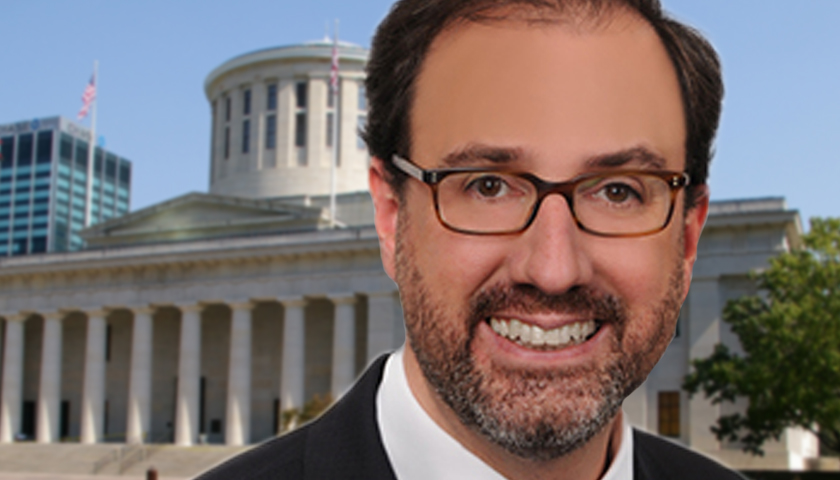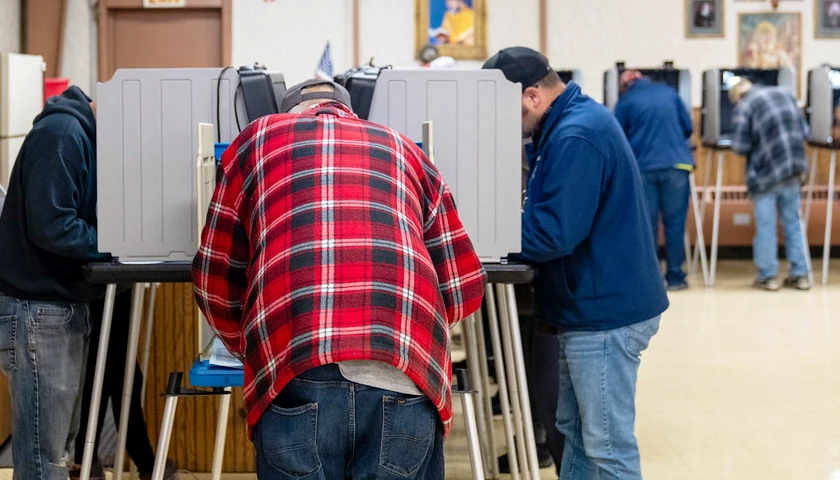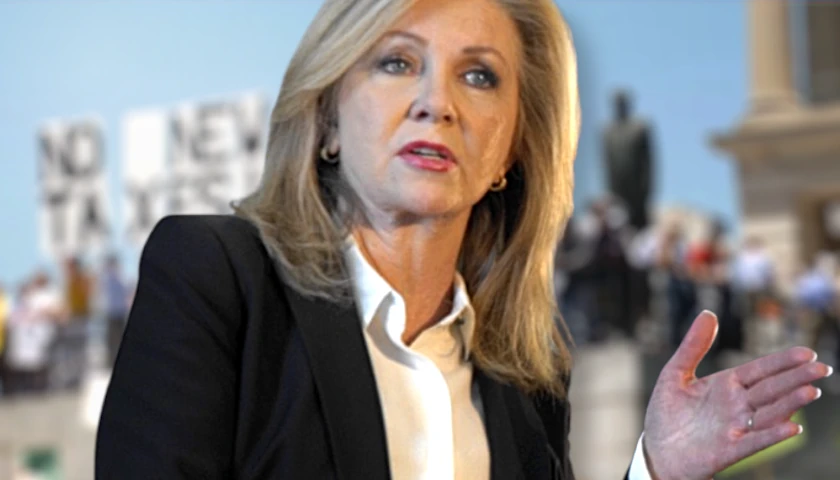by J.D. Davidson
An Ohio think tank’s fight over the state’s municipal income tax laws, which continue to be an issue during the COVID-19 pandemic, has moved to the state court of appeals.
The Buckeye Institute, a research and education think tank based in Columbus, has filed four lawsuits challenging the state law that requires taxes to be paid to the city where work is actually done. During the pandemic, however, more and more people were working from home but still paying taxes to cities where their office was located, rather than where they actually worked.
The Buckeye Institute appealed Thursday to the Ohio Tenth District Court of Appeals its case of three of its employees who worked from home after the state’s stay-at-home order but continued paying taxes to city of Columbus. A Franklin County judge dismissed the case Tuesday.
“The Ohio Supreme Court has been perfectly clear in binding decisions stating that cities lack the authority to tax residents who neither work nor live there,” said Robert Alt, president and CEO of The Buckeye Institute. “Further, the Ohio Supreme Court has also recognized that while the Ohio Constitution allows the legislature to limit cities’ taxing power, it does not allow the legislature to expand that power as the General Assembly did in House Bill 197. The Buckeye Institute looks forward to presenting this case to the Tenth District Court of Appeals.”
The Ohio General Assembly passed a law at the beginning of the pandemic that allowed cities to continue collecting taxes from people who were working from home in other communities.
Sen. Kristina Roegner, R-Hudson, introduced a bill in February that returns the state’s income tax law to pre-pandemic regulations, meaning most employees pay taxes in the city they live and the city the work. Because so many employees are still working for home, taxes to employer cities would not be paid.
Senate Bill 97 repeals a pandemic stopgap passed by the Ohio Legislature last spring that allowed cities that are the home to businesses to continue to collect income taxes from employees who worked from home in another community.
If passed, according to Roegner, it simply returns Ohio to its original law of allowing municipalities to tax employees where they work and where they live. The bill remains in committee.
“After a couple of months [of the pandemic], you set up a situation where I believe is unconstitutional,” Roegner said. “You have people paying taxes to a city the people have not set foot in in months.”
– – –
An Ohio native, J.D. Davidson is a veteran journalist with more than 30 years of experience in newspapers in Ohio, Georgia, Alabama and Texas. He has served as a reporter, editor, managing editor and publisher. He is regional editor for The Center Square.
Photo “Buckeye Institute” by The Buckeye Institute and photo “Robert Alt” by The Buckeye Institute.





